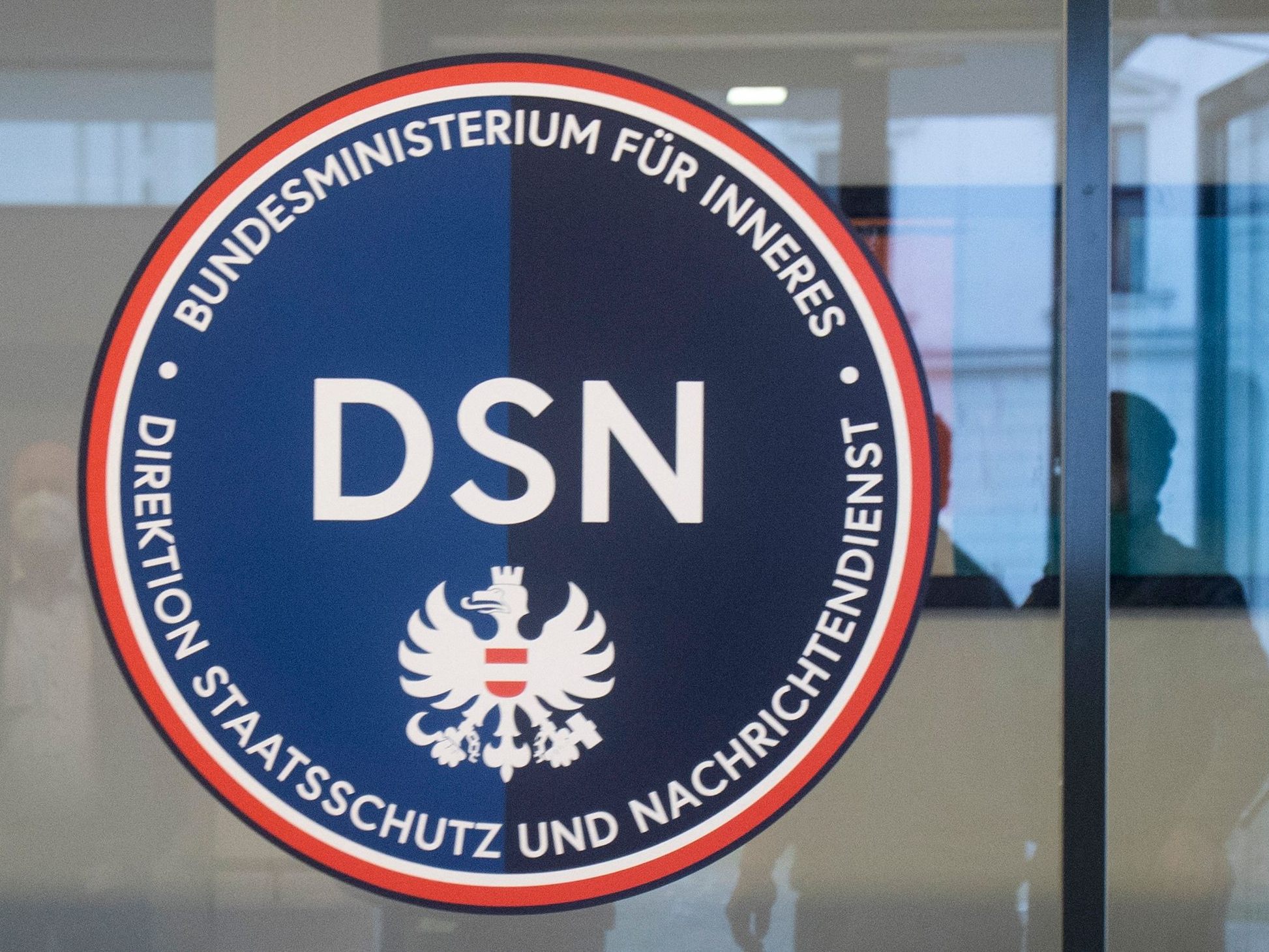Austrian State Protection Uncovers Russian Disinformation Campaign

The Bulgarian woman is suspected of having spied for Russia and being significantly involved in conducting a disinformation campaign directed from there, the Directorate of State Protection and Intelligence Service (DSN) announced in a statement on Monday.
Russian Disinformation Campaign: Connections to Marsalek Cell
The woman "is currently at large," said a spokeswoman for the responsible Interior State Secretary Jörg Leichtfried (SPÖ) to the APA upon request. She also confirmed that there are connections between the Bulgarian woman and a cell allegedly operating in the UK on behalf of former Wirecard board member Jan Marsalek. Recently, in a spectacular case of espionage for Russia in London, two women and a man from Bulgaria were found guilty.
The Bulgarian woman was arrested on December 7 for alleged involvement in secret intelligence activities to the detriment of the Republic. At that time, she was accused of spying on high-ranking individuals such as DSN chief Omar Haijawi-Pirchner or "profil" editor-in-chief Anna Thalhammer. Despite a demand for pre-trial detention by the public prosecutor's office, she was released on December 10 by the Regional Court for Criminal Matters.
The spokeswoman for the Vienna public prosecutor's office, Nina Bussek, stated on Monday in response to an APA inquiry that the information now publicly disseminated by the Ministry of the Interior was "nothing new." In the decision on the detention issue in December, "all of this was already known," she emphasized. The investigations against the Bulgarian woman continue.
Interior Minister Karner Congratulates on "Success in the Fight Against Disinformation"
The purpose of the covert campaign was to manipulate public and political opinion to the detriment of Ukraine and the advantage of Russia. "The spread of false narratives, fake news, and manipulative content undermines trust in our institutions and endangers social cohesion," responded State Secretary Leichtfried. The spread of disinformation has the potential to influence elections, promote political instability, and endanger democratic society. "We must not allow opinion formation in politics and the public to be controlled from outside. We Austrians prefer to form our own opinions."
Interior Minister Gerhard Karner (ÖVP) reacted with delight. He congratulated his State Secretary via Instagram "on this important success in the fight against disinformation," accompanied by an emoji showing a flexed bicep. ÖVP General Secretary Nico Marchetti saw in a statement, alluding to the controversial activities of former Interior Minister Herbert Kickl (FPÖ), the "proof that from the ashes of the destroyed BVT, a significantly more effective and powerful intelligence service has emerged."
The co-governing NEOS also expressed their delight that "a comprehensive Russian disinformation campaign against Austria (...) has been uncovered." Member of the European Parliament Helmut Brandstätter and security spokesperson Douglas Hoyos referred in a statement to the package of measures against espionage in the government program. In this regard, Brandstätter also pointed to the largest parliamentary party. "Troll factories produce these lies, the FPÖ and the media financed by them continue to spread them cheerfully," he emphasized.
Disinformation Campaign Focused on Austria
The DSN discovered "this intelligence operation" through the evaluation of data carriers that were seized during a house search of the suspect Bulgarian woman in December of last year, it was further stated. Investigations revealed that just a few weeks after the start of the Russian war of aggression against Ukraine in February 2022, "a cell working for the Russian intelligence service had become active. This cell planned a large-scale disinformation campaign in German-speaking countries with a focus on Austria at the beginning of 2022."
The goal of this cell was to negatively influence public opinion against Ukraine and President Volodymyr Zelenskyy through targeted actions in the context of the war events and thus - on a higher level - to generate pro-Russian sentiment, the Ministry of the Interior further explained. "To achieve this, both activities in the media landscape on the internet and offline activism, such as through stickers or graffiti, were used." The visual and content design of these actions was intended to give the impression that pro-Ukrainian activists were the authors and originators. "Design and linguistic motifs that immediately meet with rejection in the general public, especially right-wing extremist symbolism and nationalist statements and codes," were used.
Suspect Confesses to Russian Disinformation Campaign
The evaluation of the secured data carriers of the suspected Bulgarian woman revealed the detailed planning of the cell controlled by Russia through chat messages. The suspect is believed to have played a significant role in this. According to current findings, she served as an intelligence contact person. Russian intelligence services are believed to have further tasked her with distributing content in Germany and Austria. The suspect documented actions that took place. These documentations were also sent to accomplices who were residing in Russia and the United Kingdom. The suspect has confessed to having worked for the cell, particularly in the year 2022, according to the ministry.
"profil" editor-in-chief Thalhammer criticized on Monday that the Bulgarian woman was not taken into pre-trial detention after her arrest. "I still find it absurd, given what has happened," she wrote on X. "I had to think about security precautions for this."
(APA/Red)
This article has been automatically translated, read the original article here.





